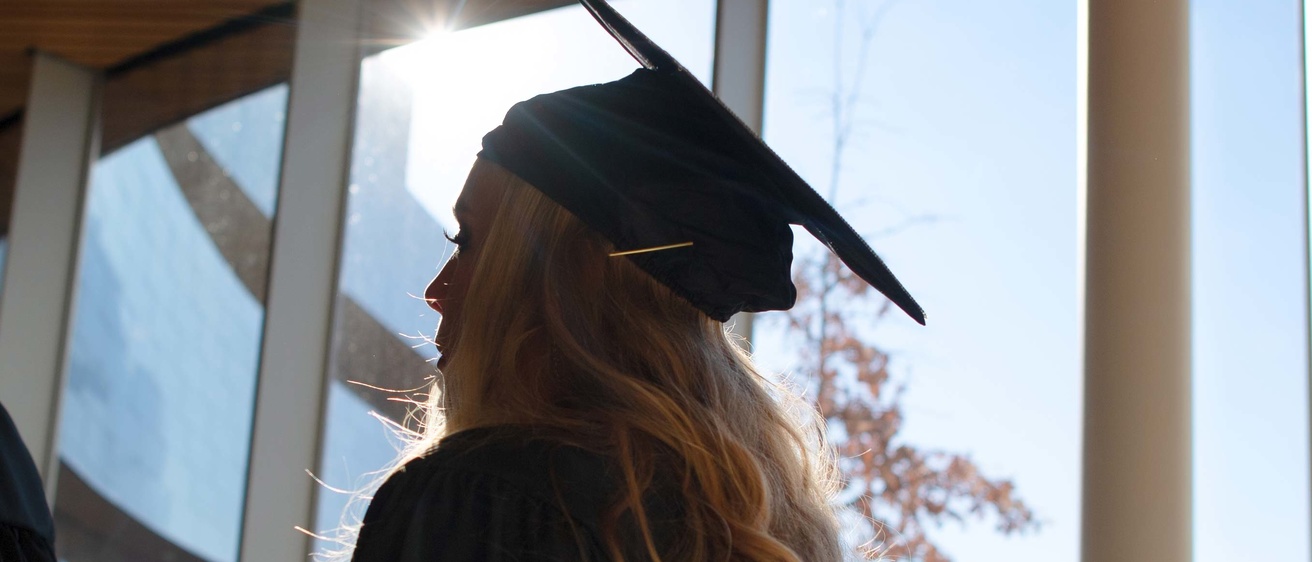A new study from the University of Iowa shows that out of equally qualified college graduates, some get a head start in the job market based on their social class.
Researchers tracked the job searches of 516 graduates who received their bachelors’ degrees during the same year from the same university, so it was a group with the same qualifications looking for work in the same job market.
Despite sharing qualifications, the study found that graduates who were from lower social classes had a very different job search than those from upper social classes.
The survey found:
—those whose parents earned more money were hired faster than those who earned less
—graduates from higher social classes were more apt to turn down a job offer; those from lower classes were more apt to take the first job that came their way
—graduates from higher social classes were more intense in their job searches
Researcher Chad Van Iddekinge, professor of management and entrepreneurship at the Tippie College of Business, says the difference can be partly explained by the fact that students from higher classes have better access to networks and resources.
He also says that self-efficacy—or the self-confidence that comes with understanding how the job search process works either through experience or from watching others—played a significant role in explaining the different results. Before starting their job searches, the students completed a questionnaire asking how much they could rely on others for encouragement, financial support, and feedback while looking for work.
Those who believed they had more support—or higher levels of self-efficacy—had more successful job searches.
The study also found that job seekers from a lower social class tend to accept job offers more readily, while those from higher social classes are more apt to turn down a job offer. Researchers speculate this could be because job seekers from a higher social class feel less financial pressure to take jobs they see as less than ideal, and because they have more confidence that their access to networks and resources gives them the confidence that a better offer will come along eventually.
Van Iddekinge says the study findings have particular implications for college and university career centers who may have to tailor their assistance more individually for students from lower social classes.
The study, “Different Starting Lines, Different Starting Times: The Role of Social Class in the Job Search Process,” will be published in an upcoming issue of the Journal of Applied Psychology.
CONTACT: Tom Snee, tom-snee@uiowa.edu; 319-541-8434; 319-384-0010
